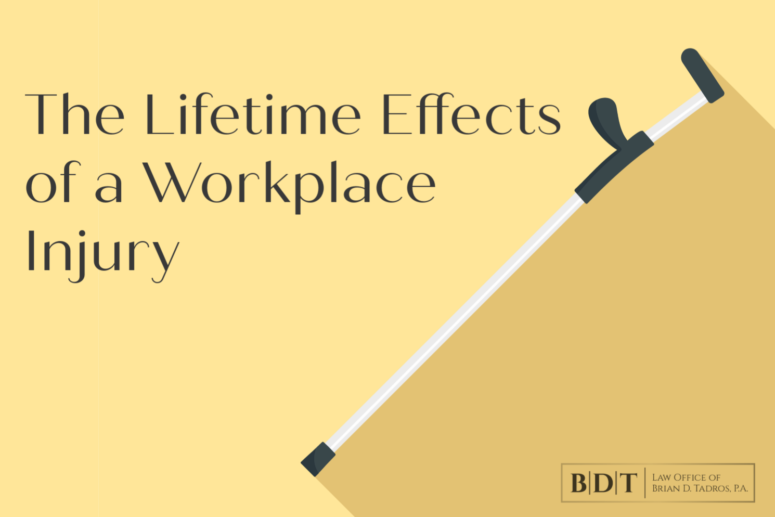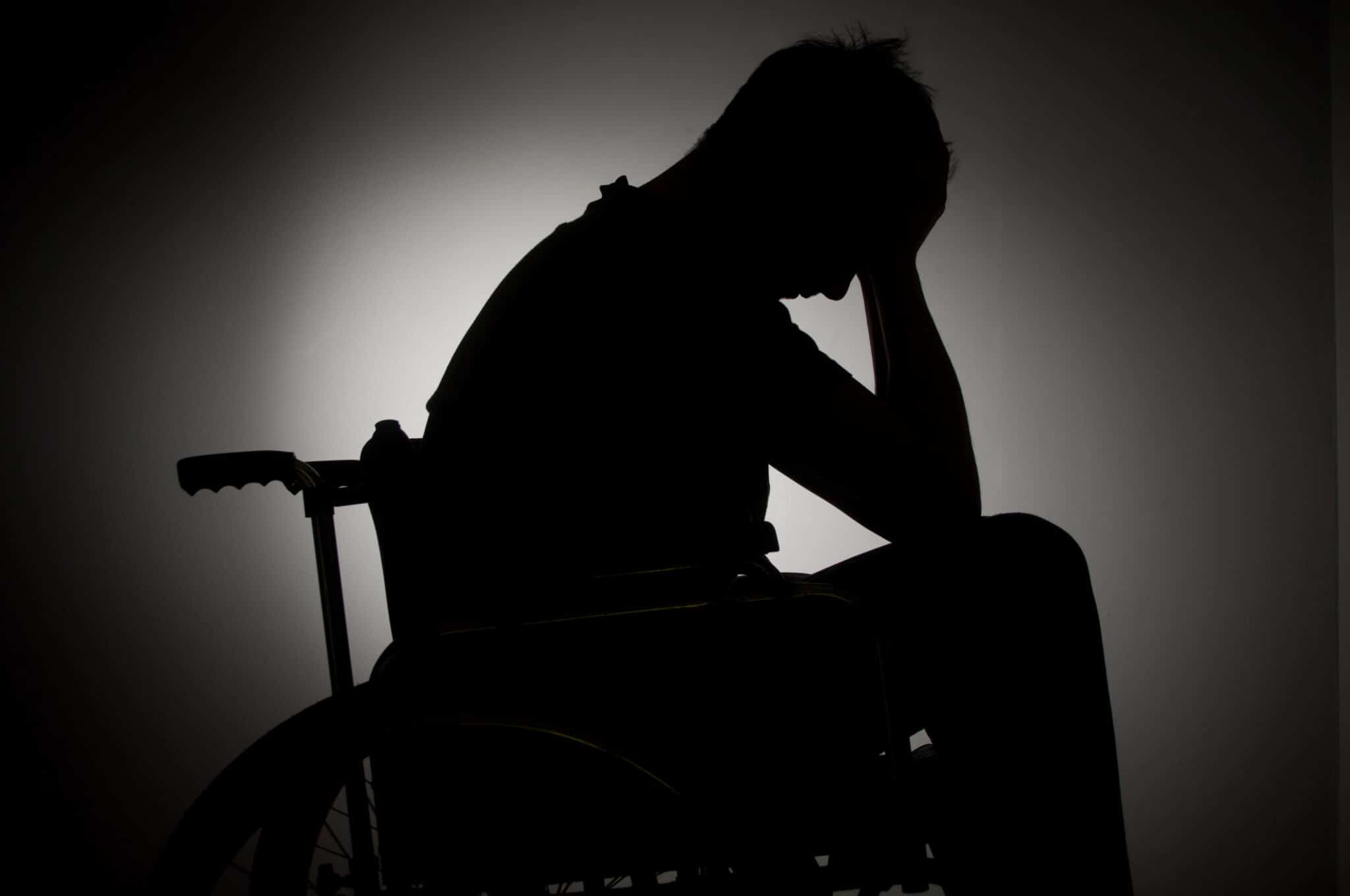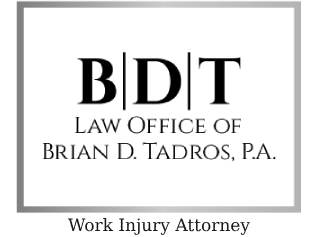
If you have suffered a workplace injury or illness, you likely have a lot of questions. What if you can’t return to work after an injury? Do you need to see a doctor? How much will workers’ compensation pay?
One thing you might not yet be thinking about—although you should—is the lifetime effects of your workplace injury.
According to a recent study, “permanently impaired injured workers experience more rapidly accelerated health declines than other aging workers.” Yet these side effects are often not linked to the original injury. The injured worker themselves might not even consider the possibility that their pain or health symptoms could be caused by an old workplace injury.
Lifetime Effects of a Workplace Injury
Even those who haven’t been diagnosed with a permanent disability can experience the painful, debilitating lifetime effects of their workplace injury.
In addition to symptoms such as high blood pressure, ulcers, and arthritis, it’s possible that workplace injuries could cause widespread pain for years.
A study from the University of Southampton found that people who have experienced bone fractures are more likely to experience widespread, chronic pain for years after their injury. More serious injuries—such as a limb amputation—can have even more serious long-term side effects.
You may even experience side effects from medications used to treat your condition.
Does Workers’ Comp Cover psychological treatment?
It’s not often talked about, but the psychological damage from physical injuries can be just as debilitating as the injury itself.
PTSD, depression, and anxiety from a work injury, as well as putting a damper on your daily life, can interfere with your recovery and make it more difficult to return to a normal life.

While pain and suffering is not compensable under Florida law, you are entitled to mental health treatment if your psychological condition stems from an accompanying physical injury. According to the 2018 Florida Statute 440.093, “the compensable physical injury must be and remain the major contributing cause of the mental or nervous condition and the compensable physical injury as determined by reasonable medical certainty must be at least 50 percent responsible for the mental or nervous condition.”
In other words, you can only receive mental health benefits if a) your mental health condition is caused by a physical condition covered by workers’ compensation and b) the physical injury must be primarily to blame for your mental health condition.
For example, if Joe Worker lost a limb on the factory floor and developed severe depression as a result, he may be entitled to psychological treatment through his workers’ comp claim. If he developed depression at work as a result of a strenuous work load, his mental health treatment would not be covered.
There is an exception to this that applies to first responders (law enforcement officers, firefighters, EMTs or paramedics, as well as volunteer law enforcement officers, firefighters, EMTs or paramedics).
In October of 2018, a new law went into effect which allows first responders to collect workers’ compensation benefits for PTSD if they can prove by clear and convincing medical evidence even if no physical injury was sustained. Claims for benefits under this section must be made within 52 weeks of the qualifying event.
What If My Workers’ Comp Case is Closed?
In some cases, the lifetime effects of a workplace injury may not manifest themselves until weeks, months, or years after your injury.
Say Jane Employee slipped on a wet floor and tore her meniscus. She filed a workers’ compensation claim, received the necessary treatment, and was cleared to return to work. Three months later, her pain returns and her doctor recommends surgery. Who is responsible for paying the medical bills?

Each workers’ compensation claim is different. Some progress without incident, others may require mediation, and others may result in a settlement. The details of your claim will determine whether you can receive further workers’ comp benefits if an injury flares up again, but Florida law applies as well.
A Petition for Benefits cannot be filed more than two years from the date of the injury unless it has been less than one year since your last workers’ comp payment or authorized medical treatment or visit. Because of this, it’s a good idea to visit your authorized treating physician at least once a year, preferably more often than that
What You Should Do
Just because you haven’t been determined to be permanently and totally disabled doesn’t mean you won’t experience any lifetime effects from your workplace injury. Pain, health conditions, and other complications can linger or arise long after your workers’ compensation claim has closed.
If you think that symptoms from your workplace injury are returning or worsening, schedule a free consultation with Brian D. Tadros to discuss your case. We aim to act as an educator and advocate for each of our clients. Get the benefits you deserve!

